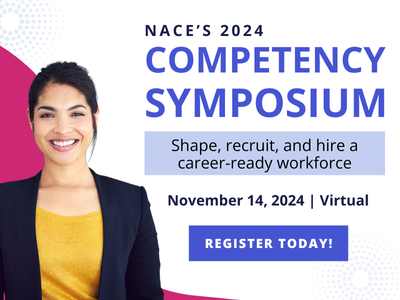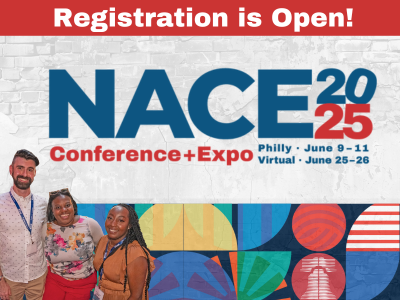Spotlight for Career Services Professionals
The University of Nebraska at Kearney’s (UNK’s) College of Business & Technology Career Center administers the internship program for 17 degree programs within the college. The career center verifies internships to ensure they meet certain criteria for their students.
The goals of this initiative are to ensure students will not be doing meaningless work, will be mentored effectively, and/or will gain hands-on experiences in their field of study, says Brenda Jochum, associate director of the career center.
“The verification process is more about verifying the quality of the internship than the employer itself,” Jochum notes.
“They may go hand in hand, but not necessarily. It could be a well-known organization, but may not provide meaningful experiences to the students that tie to their academic and career goals. Students value hands-on experiences during which they are learning and also providing value to the organization. What some companies may classify as an internship may, in our eyes, be a part- time job.”
On the other hand, if the employer has not previously worked with the career center, the process presents an opportunity to gain key information—such as the name and details of the contact person—and to connect for a conversation about goals.
The UNK College of Business & Technology Career Center asks employers to complete an internship proposal form that corresponds with the college’s majors, provides an overview of their experience, and also indicates the learning objectives that will be part of the experience. The learning objectives were developed collaboratively with the faculty members from each degree program and are tied to each program’s core learning competencies.
“Every student who is seeking to do an internship for academic credit must get an internship proposal from their employer, whether we have worked with the employer in the past or if it is a company or internship that is new to us,” Jochum says.
“Our internship proposal process provides a framework for employers to assess whether their internship would meet our program guidelines. If there are concerns, we call and discuss them with the employer. Most often, the employer can accommodate our needs to meet the standard we are seeking.”
The career center also asks students to complete an evaluation at the end of their for-credit internship; the evaluation captures key information that the career center uses to assess the value of the internship to UNK College of Business & Technology students, including:
- A description of their overall internship experience as it relates to their career goals.
- The frequency with which their supervisor reviewed their progress with them or discussed their experience.
- If they felt they received adequate and helpful guidance from their supervisor.
- If there were any issues the student encountered or anything else that prevented them from attaining the full value of the internship.
- If they would recommend this company/site location to another student in their field of study.
- Suggestions to improve the internship experience at this company in the future.
Jochum recommends career centers follow student internship experiences to gain an understanding of what works and what does not work. She advocates reviewing interns’ weekly journals, their evaluations, and any paper or presentations they submit at the end of their internship.
“When there are struggles, we work through them,” Jochum says.
“This provides a perspective of what works and what best practices are. Our internship proposals puts some of the responsibility back on the employer to develop a program that is worthy of being called a high-quality internship experience; this makes our process of approving and verifying not only simpler, but more effective.”






